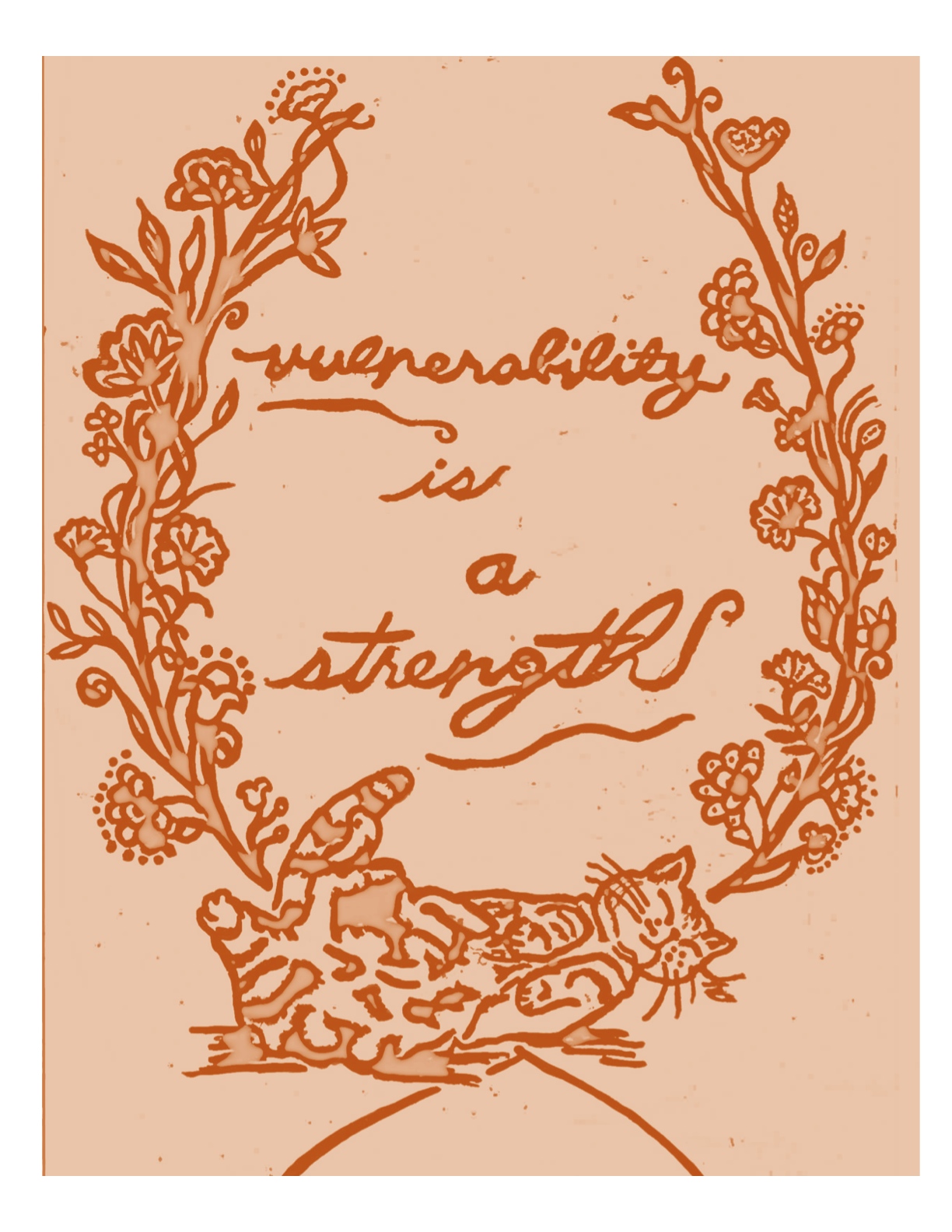"Come, The Longest Sword Carries Her”: Constructions of Masculinity in Aphra Behn’s The Rover
Abstract
The plays of Aphra Behn have become the focus of a great deal of contemporary feminist criticism on account of Behn’s status as English literature’s first professional female writer and the complexity of the gender politics expressed in her plays. While Behn’s The Rover (1677) has been celebrated as a popular libertine play of the Restoration – along with William Wycherley’s The Country Wife (1675) and George Etherege’s The Man of Mode (1676) – it has simultaneously been praised by feminist critics for circumventing patriarchal social structures. This essay will consider the ways in which Behn manages to write a successful Restoration comedy, complete with the conventions of the time, while concurrently critiquing the libertine masculinity that was highly celebrated in the Restoration period. First, Behn places her male characters in notably compromised states of authority and strips them of many conventional sources of power. Secondly, Male sexual aggression, specifically rape, is heavily ironized throughout the play. Thirdly, Behn’s male protagonists are often hypocritical regarding the libertine code of values to which they are supposed to adhere. Thus, in The Rover, Behn carefully exposes libertine masculinity in such a way as to criticize, not libertinism as an aesthetic, but the contradictions and flaws of the libertine ethos that promotes male superiority and dominance.Downloads
Published
2014-10-25
Issue
Section
Articles

